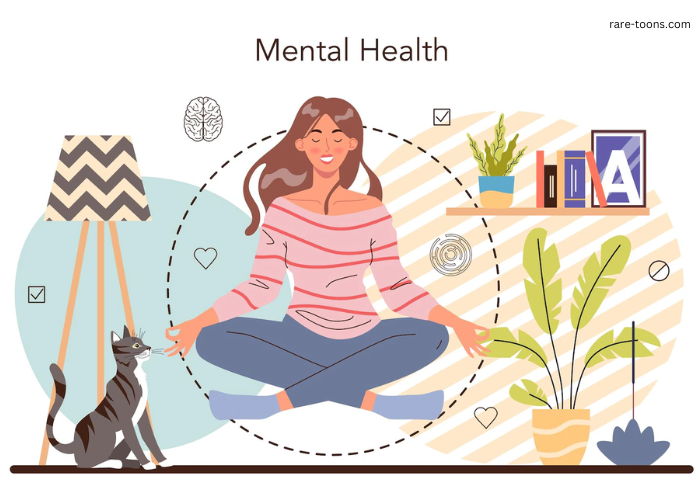In today’s fast-paced world, mental health has become a cornerstone of overall well-being. With increasing awareness around mental health issues, it’s essential to not only understand its importance but also adopt effective strategies to maintain a healthy mind. This article delves into why mental health matters and provides practical tips for fostering mental well-being.
Why Mental Health Matters
Mental health influences every aspect of our lives—our thoughts, emotions, behaviors, relationships, and physical health. Good mental health enables us to cope with stress, work productively, and enjoy life’s pleasures. Conversely, neglecting mental health can lead to anxiety, depression, and other serious conditions, impacting both personal and professional life.
Strategies for Enhancing Mental Well-Being
- Prioritize Self-Care Taking time for yourself isn’t selfish; it’s necessary. Engage in activities that bring joy, whether it’s reading, gardening, or simply relaxing. Establishing a self-care routine helps recharge your mental and emotional batteries.
- Stay Physically Active Exercise is a powerful mood booster. Regular physical activity reduces stress hormones and stimulates the production of endorphins—chemicals in the brain that act as natural mood elevators. Aim for at least 30 minutes of moderate exercise most days of the week.
- Cultivate Strong Relationships Social connections are vital for mental health. Spend time with loved ones, share your feelings, and actively listen to others. Building a support system can provide a sense of belonging and help you navigate life’s challenges.
- Practice Mindfulness and Meditation Mindfulness involves being present in the moment without judgment. Techniques like meditation, deep breathing, and yoga can reduce stress, improve focus, and enhance emotional resilience.
- Seek Professional Help When Needed It’s okay to ask for help. Therapy and counseling provide a safe space to explore your feelings and develop coping mechanisms. Don’t hesitate to consult a mental health professional if you’re struggling.
- Maintain a Healthy Lifestyle A balanced diet, adequate sleep, and avoiding harmful substances like excessive alcohol or drugs can significantly impact mental health. Proper nutrition fuels your brain, while quality sleep restores your mental and physical energy.
- Set Realistic Goals Unrealistic expectations can lead to stress and disappointment. Break tasks into manageable steps and celebrate small achievements. This approach builds confidence and reduces anxiety.
- Limit Screen Time Overuse of digital devices can lead to mental fatigue and social isolation. Set boundaries for screen time and prioritize offline activities that nurture your mind and body.
The Role of Society in Promoting Mental Health
Communities and organizations play a pivotal role in mental health awareness. Encouraging open conversations, providing resources, and reducing stigma can create a supportive environment where individuals feel empowered to seek help.
Conclusion
Mental health is as important as physical health, yet it often receives less attention. By integrating these strategies into your daily life, you can build resilience and foster a positive mental state. Remember, seeking help is a sign of strength, not weakness. Together, we can break the stigma and prioritize mental well-being for a healthier, happier society.

